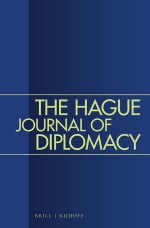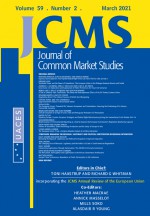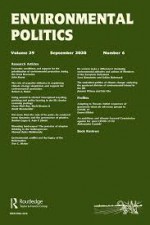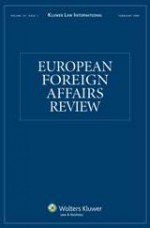G20 is "Test Run" for Trump-Era Climate Governance
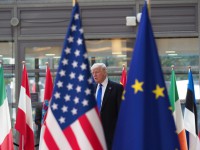
Weeks after US president Donald Trump announced the US' withdrawal from the Paris climate agreement, the debate is still raging on in regard to the possible implications of his decision.
Some fear a global domino effect, with more countries renouncing climate protection pledges and ceasing domestic emission reduction efforts.
Others argue that the Paris accord's architecture is sufficiently resilient, and that efforts to keep global temperature increases to "well below 2°C" – as stipulated by the agreement – will endure.
Activities at the sub-national level in the US also seem to support the argument that the agreement will prevail and domestic opponents of Trump’s decision have mobilised remarkably quickly.
Cities and states with progressive climate policies joined forces across the US, committing themselves to honouring the Paris agreement.
For instance, support came via the bipartisan "US Climate Alliance" of states – including heavyweights such as California and New York – and the "We Are Still In" initiative, which involves hundreds of businesses, investors, and institutes of higher education.
Moreover, these sub-national players are linking up with leading nations to create innovative climate diplomacy networks: California and China have held talks to collaborate on emission reduction efforts, while several US states have intensified climate cooperation with Canada.
Though these developments enhance the Paris agreement’s chances of survival, they will not be enough.

